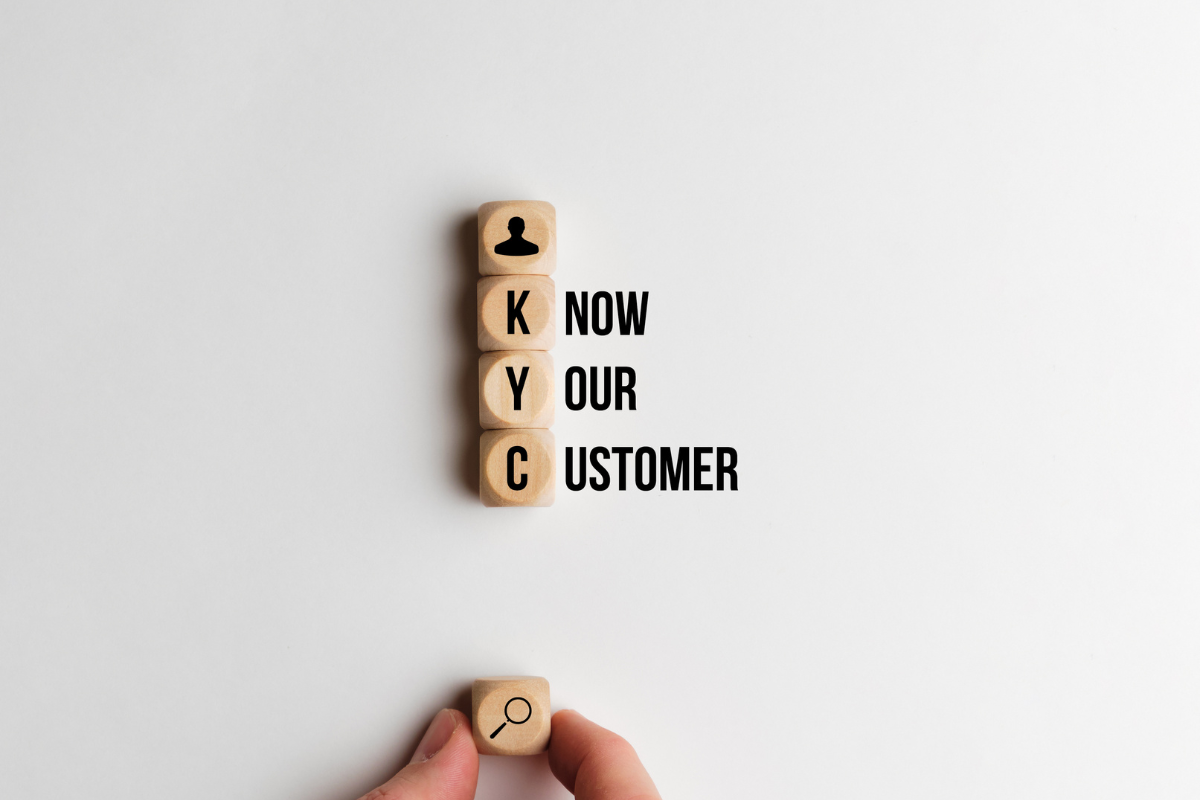
Ultimate Guide to Non-Disclosure Agreements for Small and Medium-Sized Businesses

In the competitive marketplace, safeguarding your business's proprietary information is more critical than ever. Non-disclosure agreements (NDAs) play a vital role in protecting sensitive information from falling into the wrong hands. For small and medium-sized enterprises (SMEs) aiming to maintain their competitive edge, understanding the nuances of NDAs can make a significant difference.
What is a Non-Disclosure Agreement?
At its core, a non-disclosure agreement is a legally binding contract that ensures certain information remains confidential between the involved parties. Often referred to as confidentiality agreements, proprietary information agreements, or confidential disclosure agreements, NDAs are pivotal in various business scenarios, from mergers and investments to employee onboarding.
The Importance of NDAs in Business Operations
Whether you're navigating the sale of your business, engaging with potential investors, or sharing trade secrets with vendors, NDAs ensure that your confidential information doesn't become public knowledge. They're especially crucial when employees, who are privy to sensitive information like client lists, strategic plans, and unique processes, are part of your workforce. By having a robust NDA in place, you prevent this critical information from being misused, safeguarding your business interests.
Creating Effective Non-Disclosure Agreements
Embarking on drafting your own non-disclosure agreement? Today, several resources, including online legal templates, offer SMEs the guidance needed to create comprehensive and enforceable NDAs. This accessibility ensures you can protect your business's confidential information quickly and efficiently.
Advantages of Implementing NDAs in Your Business Strategy
- Setting Clear Employee Expectations: A detailed NDA informs employees about the importance of maintaining confidentiality, offering them guidelines on handling sensitive business information.
- Protecting Trade Secrets: NDAs play a dual role – preventing unauthorized sharing of confidential information and offering protection even when such information needs to be disclosed during regular business dealings.
- Enhancing Legal Protection: In case of an information breach, having an NDA gives employers a stronger legal standing to pursue remedies, making litigation processes more straightforward than filing for trade secret misappropriation.
Enforceability of NDAs: What You Need to Know
For an NDA to be enforceable, it must be well-drafted and meet specific legal requirements, such as mutual consideration. This means there should be a clear exchange of value between the employer and the employee upon agreement signing. While the norms can vary across different states, most jurisdictions require that the NDA is fair and reasonable in terms of scope and duration for it to be enforceable.
When Might an NDA be Considered Unenforceable?
Several factors could render your NDA unenforceable, including overly broad language, attempts to protect information that's publicly available, or clauses that might require an employee to conceal illegal activities. It's crucial for SMEs to ensure their NDAs are precise, fair, and legally compliant to avoid these pitfalls.
Handling NDA Violations: Steps to Take
The breach of an NDA is a serious matter. Legal actions can range from seeking injunctions to prevent further disclosures to filing lawsuits for financial damages incurred due to the breach. The specific recourse will depend on the nature of the violation and the governing state laws.
The Power of Precise Language in NDAs
The effectiveness of a non-disclosure agreement heavily relies on its wording. Precise language is essential to ensure that the agreement is enforceable and that your business's confidential information receives the protection it deserves. Crafting an NDA should never be taken lightly, as the stakes are high when it comes to protecting your business's trade secrets and competitive advantage.
For small and medium-sized businesses looking to navigate the complexities of non-disclosure agreements, understanding their significance, crafting enforceable contracts, and knowing how to act on violations are key steps in securing your business's future. With the right approach and attention to detail, NDAs can provide a solid foundation for protecting your business's most valuable information in today's fast-paced and competitive business environment.
Check all your NDA contracts on Discrepancy AI as a first line of defense in proofreading your documents for issues. Always consult with a lawyer before signing anything.
Unstructured data can easily be indexed, sorted, filtered, and analyzed by Discrepancy AI
Start for Free









.png)
.png)

.png)








.png)

.png)
.png)
.png)
.png)
.png)

%20Platforms.png)


.png)
.png)









